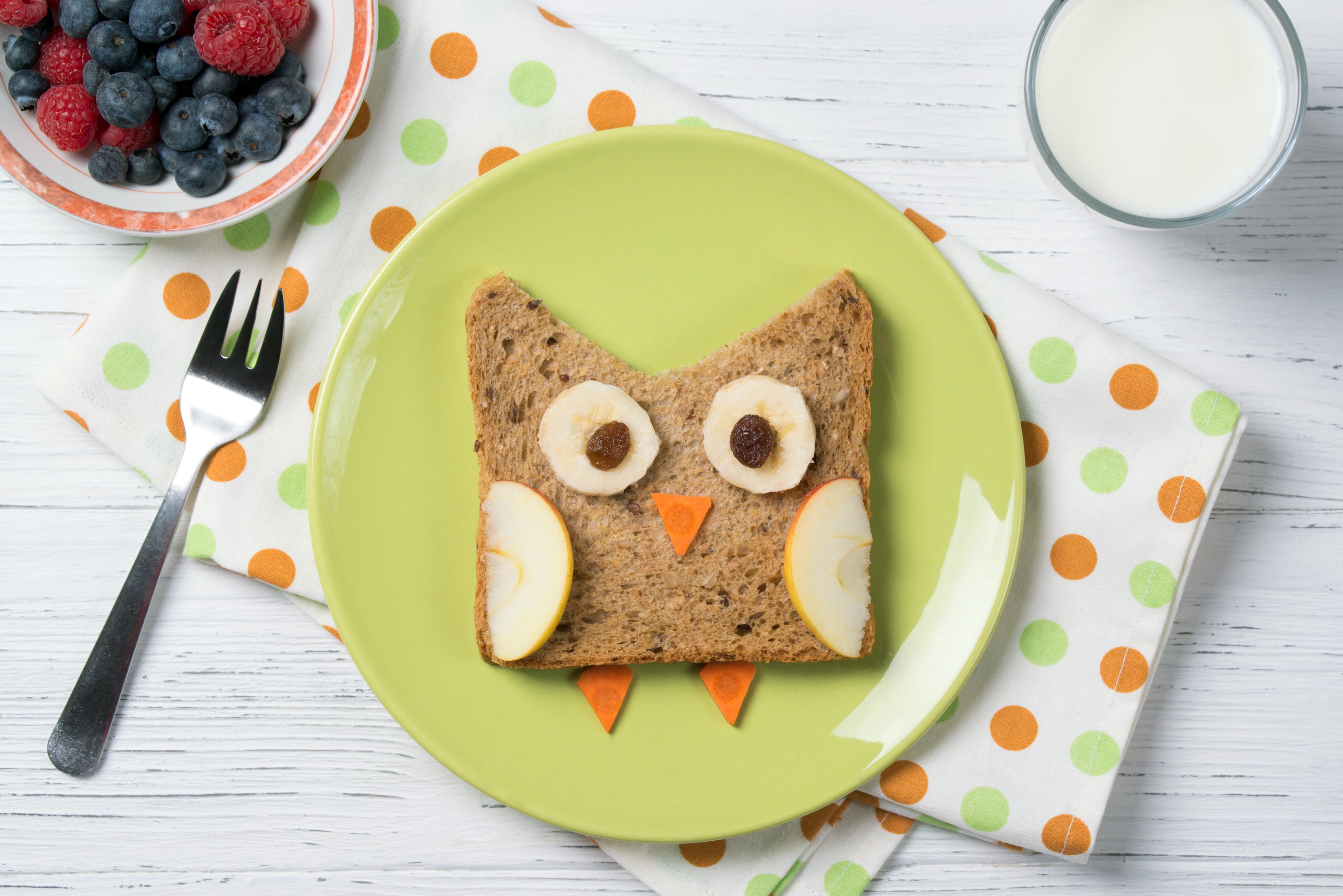The Nutrition Facts table tells us about specific nutrients in a food, but we know that many foods have ingredients that do not contain required nutrients. Sweeteners and caffeine are just two ingredients that have entered our daily diet without adding much, if any, nutritional value.
Artificial sweeteners
Health Canada groups artificial sweeteners under food additives. They have become more popular in recent decades because they sweeten food without causing tooth decay or adding calories. However, like other additives, they must be approved for use in Canada.
Health Canada provides an estimate for the acceptable daily intake (ADI) of sweeteners (see table below). This is the amount that a person can consume each day over a lifetime without any harmful effects. In reality, most of us consume well below the ADI.
There are no well-established health benefits associated with the intake of sweeteners; therefore, nutritious foods and beverages that are unsweetened should be promoted instead. It is especially important to encourage young children to eat unsweetened foods because regularly consuming sweet foods can lead to a preference of sweet tastes. This can impact their eating habits as they get older.
| Sweetener | Forms and uses | "Good to know" | Acceptable daily intake (ADI) |
|---|---|---|---|
Sugar alcohols and polydextrose:
| Found in cough and cold syrups, other liquid medications and sugar-free gums |
| Less than 10 g a day - high levels can cause gas, bloating or diarrhea |
| Acesulfame potassium (Ace-K) | Added to food and drinks by food manufacturers, not available to buy as a single ingredient |
|
15 mg per kg of body weight Presence in food:
|
| Aspartame Brand names: Equal and Nutrasweet | Available in packets and added to drinks, yogurts, cereals, low-calorie desserts, chewing gum and many other foods |
|
40 mg per kg of body weight
|
| Cyclamate Brand names: Sucaryl, Sugar Twin, Sweet 'n' Low | Cannot be added to packaged foods and drinks |
|
11 mg per kg of body weight
|
| Saccharin Brand name: Hermesetas | Cannot be added to packaged foods and drinks |
|
5 mg per kg of body weight
|
| Sucralose Brand name: Splenda | Added to packaged foods and drinks |
|
9 mg per kg of body weight
|
Natural sweeteners
A number of natural sweeteners are also available within Canada.
| Sweetener | Forms and uses | "Good to know" | Acceptable daily intake (ADI) |
|---|---|---|---|
| Steviol glycosides (Stevia) | Available in packets and added to drinks, yogurts, cereals, low-calorie desserts, chewing gum and many other foods |
| 4 mg per kg of body weight
|
| Natural sugars and syrups: Honey, maple syrup, molasses, agave nectar, brown rice syrup, sorghum syrup, date sugar | Available in packets or bottles for tabletop use, and added to many foods |
| It is recommended that Canadians limit their intake of free sugars to less than 10% of their total daily calorie intake. |
Caffeine
Common sources of caffeine include coffee, tea, cola beverages, energy drinks, chocolate and certain medicine.
Caffeine is a stimulant drug. For some people, too much caffeine can affect sleep patterns or result in heart palpitations. People's tolerance for caffeine can change throughout their life. It is a good idea to be aware of how much caffeine you and your family are getting and to limit caffeine intake, especially for children. It is not recommended that children under the age of 12 consume caffeine. For children 12 years of age and older, no more than 100 mg of caffeine should be consumed daily. Health Canada warns that children are at increased risk of experiencing behaviour changes when consuming caffeine.
Energy drinks (not to be confused with sports drinks) are also not recommended for children or teens.
If you want to consume less caffeine, reduce your intake gradually to help your body adapt. Caffeine is a drug, so you could have uncomfortable side effects if you stop it immediately. If you still like the taste of caffeinated drinks, there are many caffeine-free options that you can switch to. Some ideas for delicious caffeine-free beverages for kids include:
- fruit-flavoured sparking water
- unsweetened 100% juice
- smoothies
- milk and milk alternatives like oat, soy and almond milk
- fresh, cool plain water

